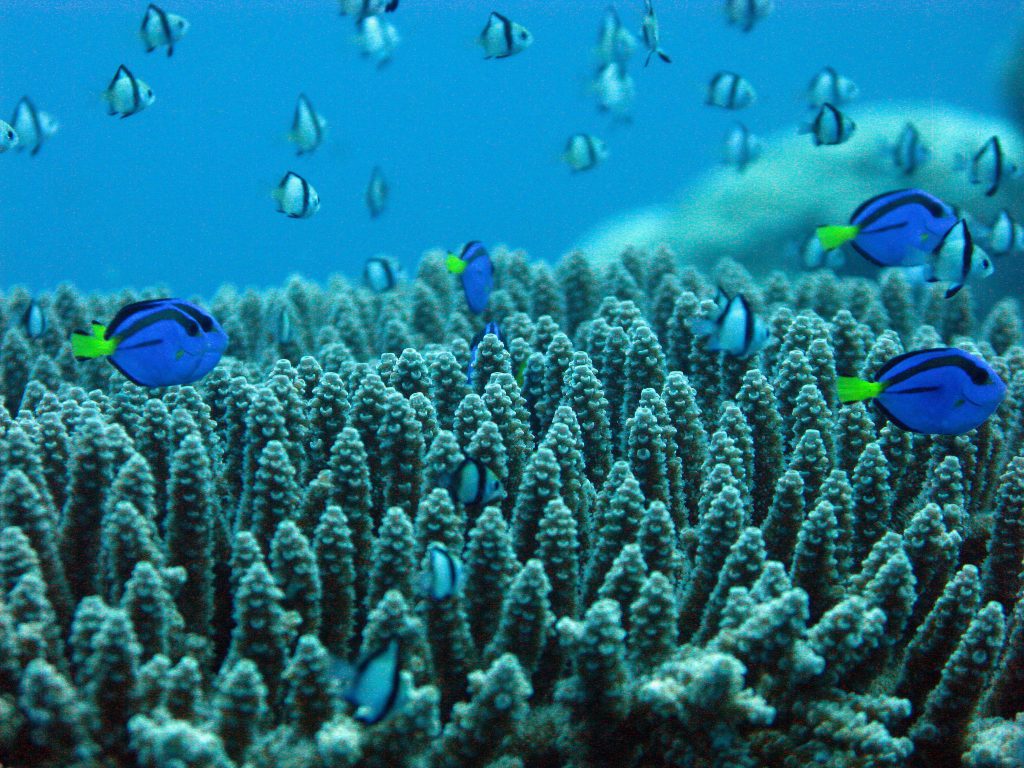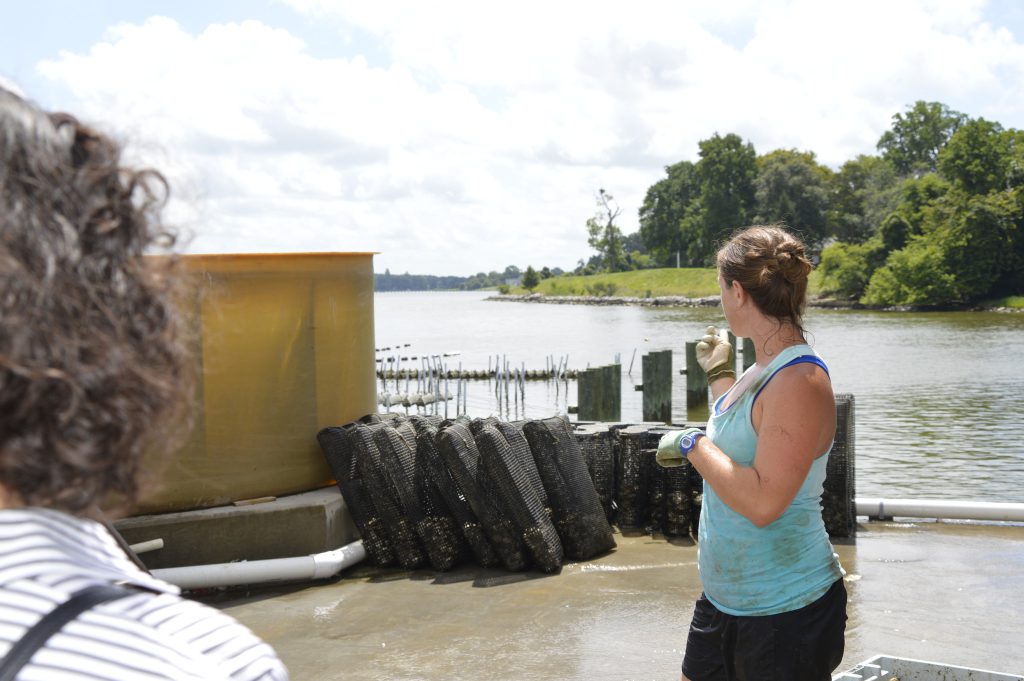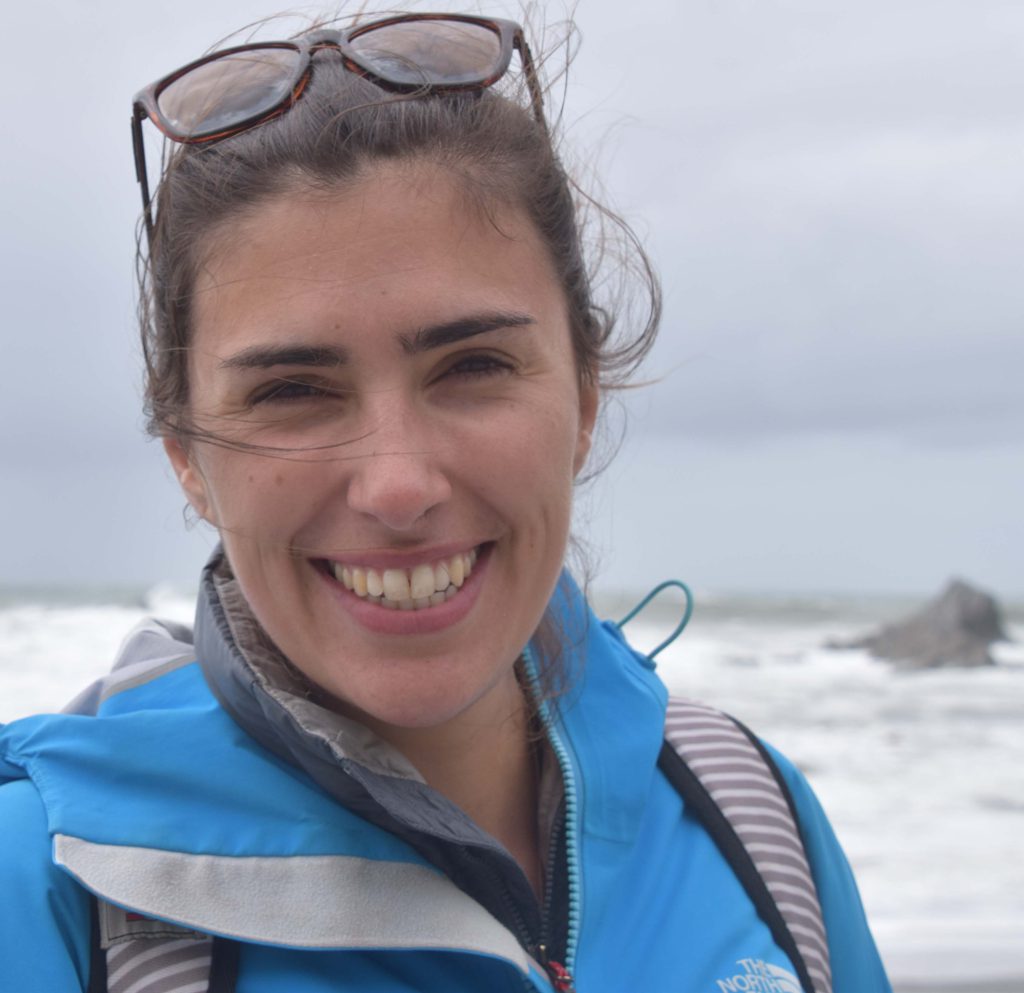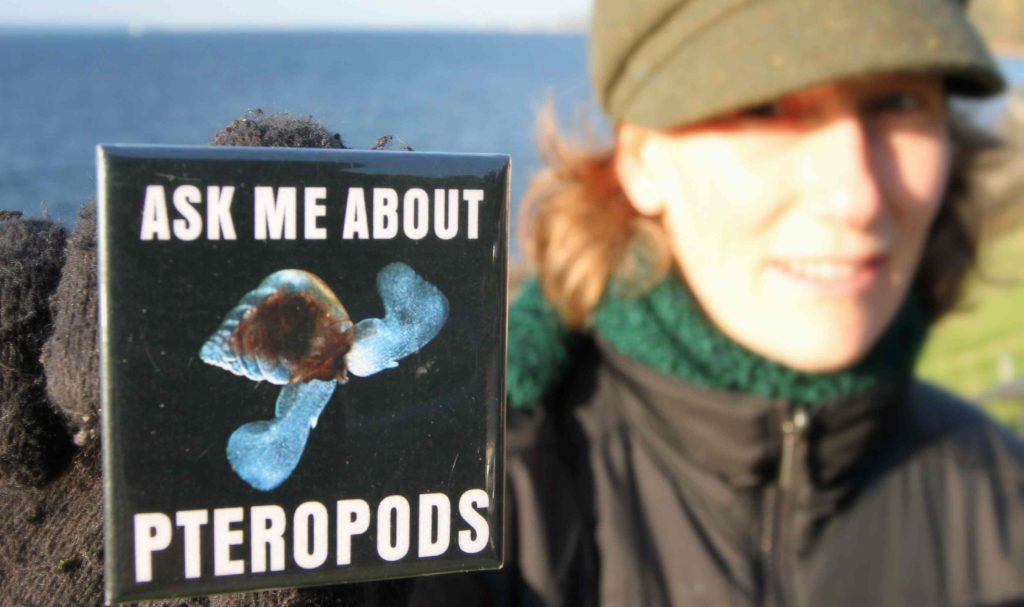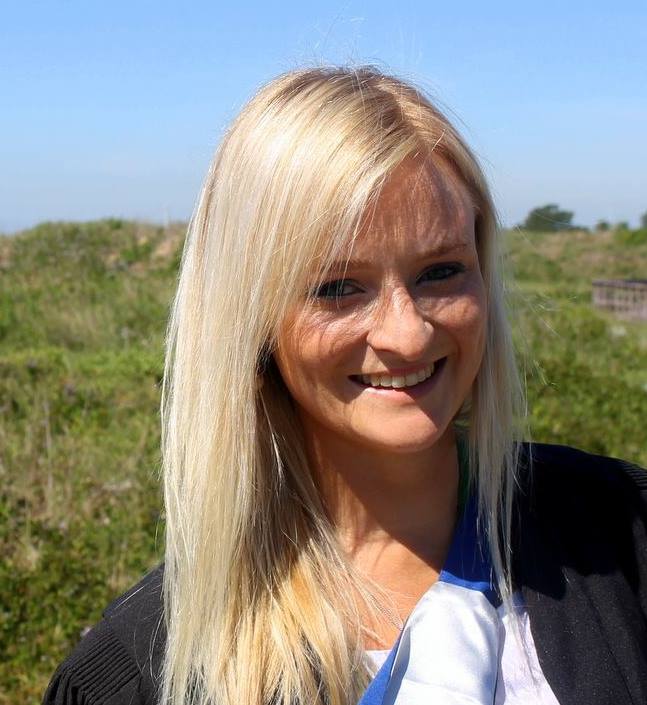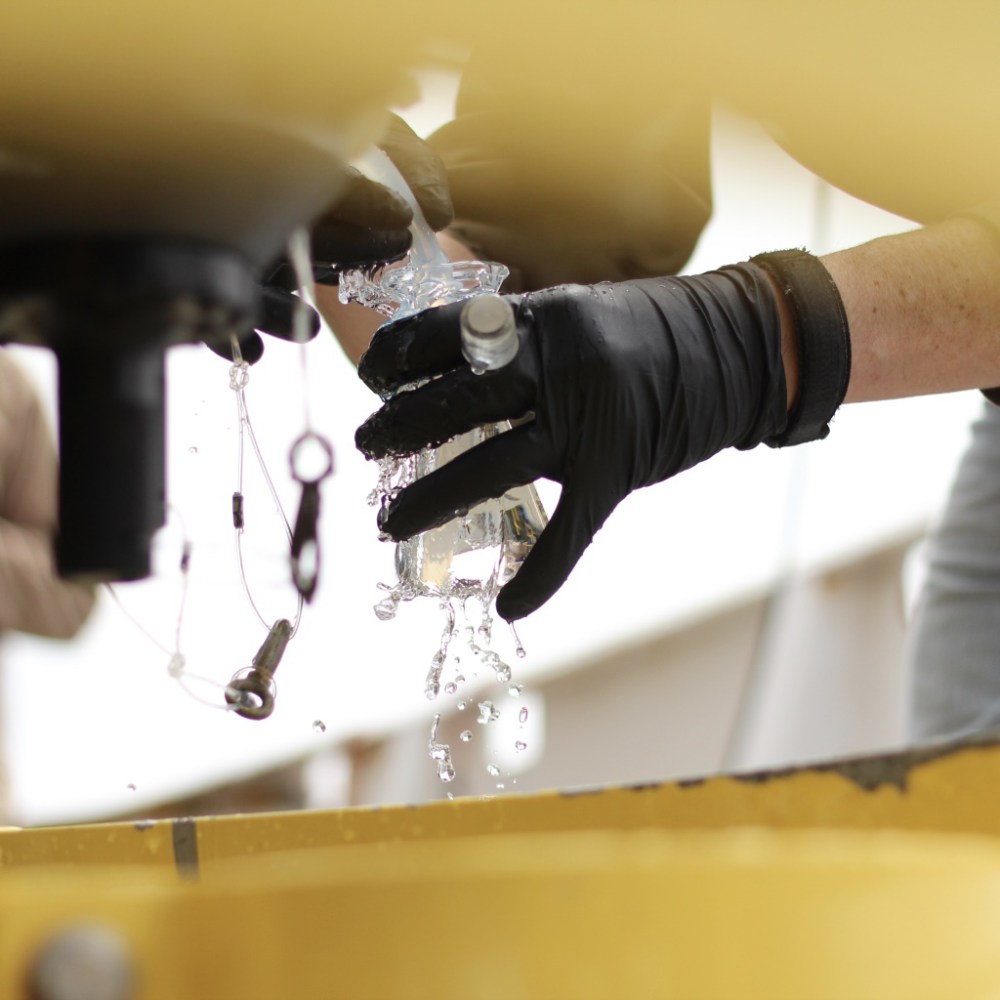Beyond dissolving shell in acid: New approaches to teaching ocean acidification
Are you looking for ways to teach about ocean acidification? Sorting through the 90+ teaching resources on ocean acidification developed over the past 10 years can be overwhelming. In this webinar, we: (1) summarized key findings from our review of existing teaching resources, pointing out our favorite dozen and highlighting key gaps, and (2) introduced a new resource, Changing Ocean Chemistry, that attempts to fill in some of these gaps.
Presented by: Brian Erickson, Oregon State University
Beyond dissolving shell in acid: New approaches to teaching ocean acidification Read More »
